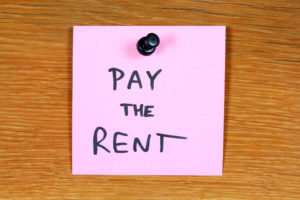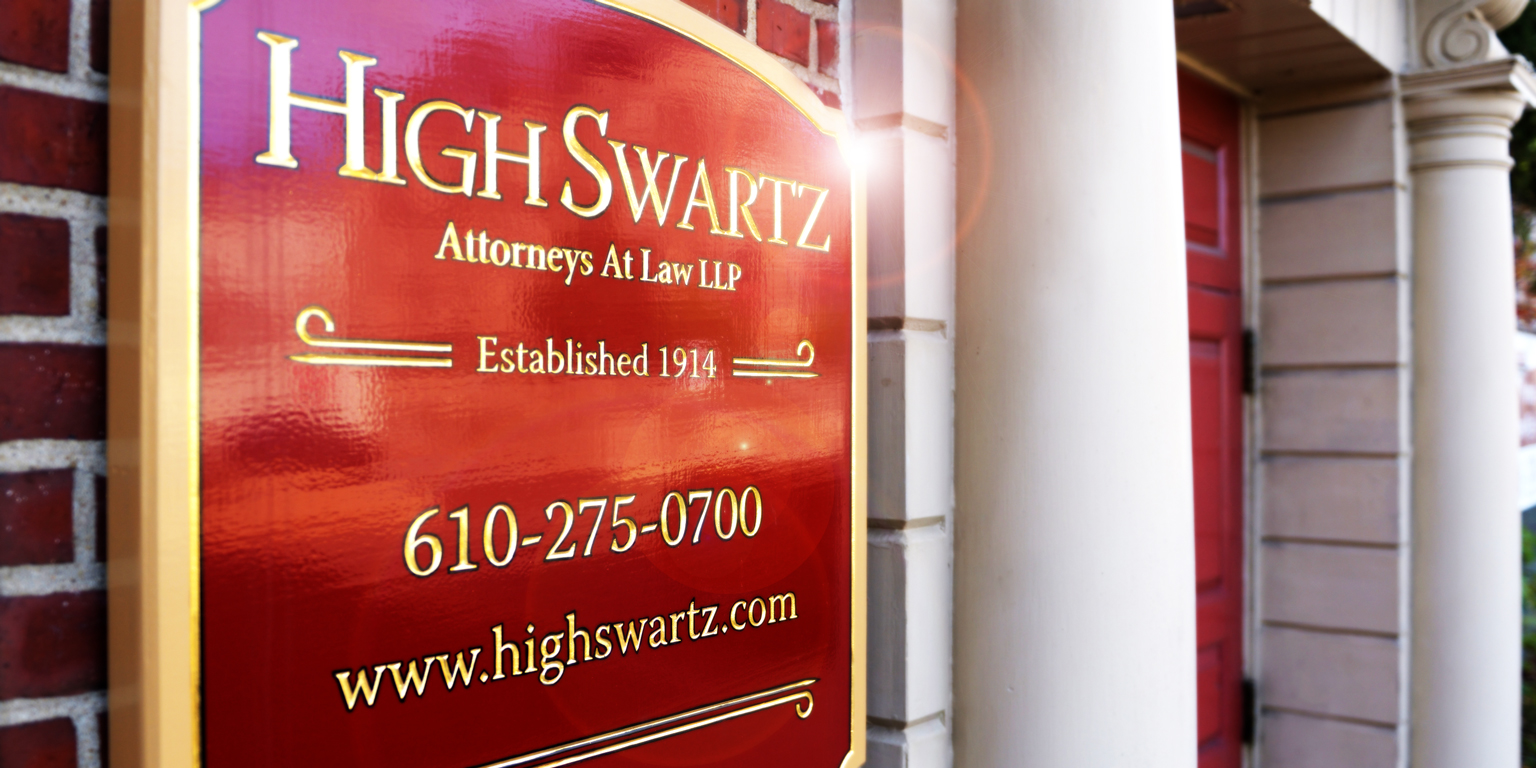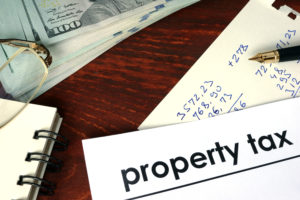Real Estate Transfer Tax is something everyone in Pennsylvania needs to address.
Whether you’re dealing with commercial or residential real estate purchases or real estate development in Montgomery County, PA, you will inevitably be faced with having to consider whether you are obligated to pay a real estate transfer tax. Here’s what you need to know.
In Pennsylvania, there is a transfer tax imposed by the state as well as the county in which the property is located. In Pennsylvania, there is a 1% transfer tax. Montgomery County imposes an additional 1%, which is comprised of a .50% local tax and a .50% school tax.
Fortunately, Montgomery County’s real estate transfer tax is consistent with most counties throughout the state and not as high as Philadelphia County, which imposes a real estate transfer tax of 3.278%. So, on top of that whopping number, add another 1% from Pennsylvania and you're paying 4.278% in Philadelphia.
When it comes to real estate transfer tax, most people only think of the sale of property in exchange for money, however, that is only one type of transfer on which the tax is imposed. In fact, transfer tax can apply to other transactions that involve the change in ownership of real estate by deed or other document, including long term leases.
While Pennsylvania provides exemptions from transfer taxes depending on the purpose or type of transaction and the parties involved, the law may not provide for exemption for all real estate transactions. Unlike Philadelphia, the only exemptions permitted for real estate transactions in Montgomery County are those permitted by state law.
Under Pennsylvania transfer tax law, parties such as the federal, state or local government or its agencies are excluded from being required to pay transfer tax on all transactions. However, if the party to whom the property is being transferred is not an excluded party, that party may in fact be responsible for transfer tax if the transaction itself is not excluded. These may include properties purchased at a judicial or sheriff’s sale or from a state or local government agency.
In addition to transfers to and from the federal, state or local government or its agencies, Pennsylvania real estate transfer tax law excludes certain transactions from transfer tax. These may include deeds of correction or confirmation, transactions between certain family members, non-profits, corporations, and trusts. I’ll talk more about transfer tax exclusions in an upcoming blog.
For now, it is important to understand that transfer taxes exist in residential and commercial property transactions and that you may need to consult with a real estate attorney to protect your interests.
For more information regarding real estate transfer tax in Montgomery County, contact us about our legal services. We're one of the top real estate law firms in Norristown. Call 610-275-0700 or email us at info@highswartz.com.
The information above is general: we recommend that you consult an attorney near you regarding your specific circumstances. The content of this information is not meant to be considered as legal advice or a substitute for legal representation.





 High Swartz LLP
High Swartz LLP



 Picture this: you’ve been scouring Craigslist for weeks trying to find the perfect house or apartment to rent. You finally discover one that hits all of your criteria. You contact the landlord, tour the property, fill out the application, and you think you’re ready to go to enjoy your new digs. But the next step in the process is truly critical and too often overlooked by eager tenants…. negotiating the lease.
Picture this: you’ve been scouring Craigslist for weeks trying to find the perfect house or apartment to rent. You finally discover one that hits all of your criteria. You contact the landlord, tour the property, fill out the application, and you think you’re ready to go to enjoy your new digs. But the next step in the process is truly critical and too often overlooked by eager tenants…. negotiating the lease.
